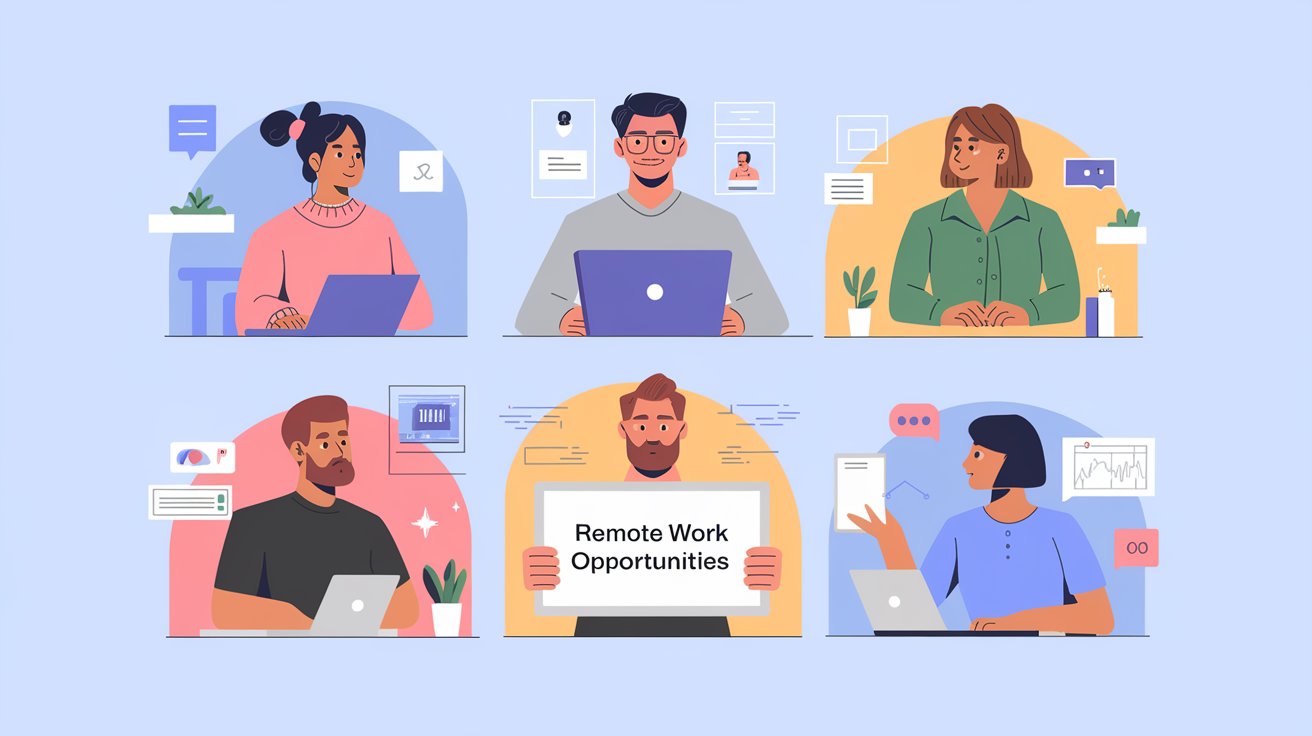Salary negotiation is a critical skill that can significantly impact your career trajectory and financial well-being. Despite its importance, many people find negotiations intimidating, often fearing that they might jeopardize their job offers or damage relationships with employers. However, with the right approach and preparation, you can confidently advocate for your worth and achieve a compensation package that reflects your skills and experience. In this article, we’ll explore effective salary negotiation tips, share personal anecdotes, and answer common questions to help you navigate this crucial aspect of your career.
Understanding the Importance of Salary Negotiation
Salary negotiation is not just about securing a higher paycheck; it’s about valuing your skills and contributions to a company. It sets the tone for your future salary increases and career growth. According to a study by the Harvard Business Review, those who negotiate their salaries can increase their earnings by up to 20% over the course of their careers.
Reflecting on my own journey, I recall my first job offer after college. I was thrilled to receive an offer from a reputable company, but I was hesitant to negotiate. I thought that simply having a job was more important than the specifics of the salary. In hindsight, that decision cost me thousands in potential earnings over the years.
Tips for Successful Salary Negotiation

1. Do Your Research
Before entering any negotiation, it’s essential to research the market value for your role, taking into account factors such as your experience, education, location, and industry standards. Websites like Glassdoor, PayScale, and LinkedIn Salary can provide valuable insights into typical salary ranges.
When I was preparing for a subsequent job negotiation, I gathered data from multiple sources to understand what professionals in my field were earning. Armed with this information, I felt more confident discussing my salary expectations.
2. Know Your Worth
Understanding your value is key to effective negotiation. Make a list of your accomplishments, skills, and unique contributions to your previous roles. Be prepared to articulate how these factors justify your salary request.
For instance, when I applied for a marketing role, I highlighted a successful campaign I had led that increased sales by 30%. By framing my request around specific achievements, I was able to present a compelling case for a higher salary.
3. Practice Your Pitch
Like any other skill, negotiation requires practice. Rehearse your negotiation pitch with a friend or mentor to build confidence. This practice can help you refine your arguments and become more comfortable discussing salary.
I remember practicing my pitch for hours before negotiating my salary at a tech firm. My friend played the role of the hiring manager, and the mock negotiations helped me anticipate potential objections. This preparation made the actual negotiation smoother and less stressful.
4. Be Ready to Walk Away
One of the most powerful tools in negotiation is the willingness to walk away if the offer doesn’t meet your expectations. This doesn’t mean you should be confrontational, but rather that you should be clear about your value and what you’re willing to accept.
During one negotiation, I was presented with a salary that was significantly below my expectations. After calmly discussing my research and value, I expressed that I had other opportunities that were more aligned with my salary requirements. This prompted the employer to reconsider their offer, leading to a better compensation package.
5. Focus on the Total Package
Salary is just one component of your overall compensation. Consider negotiating other benefits, such as bonuses, stock options, professional development opportunities, or additional vacation days.
In my last negotiation, while the base salary was fixed, I was able to negotiate for a more substantial annual bonus and flexible work hours. This additional compensation significantly enhanced my overall satisfaction with the offer.
6. Maintain Professionalism and Positivity
Approach the negotiation with a positive and professional attitude. Express gratitude for the offer and convey your enthusiasm for the role. This demeanor can foster goodwill and make the employer more receptive to your requests.
During my negotiations, I always emphasized my excitement about the role and how I envisioned contributing to the company’s success. This positive framing helped establish rapport and made it easier for the employer to consider my requests.
Personal Anecdote: The Power of Negotiation

Reflecting on my career, a particular negotiation stands out. After receiving an offer from a well-known startup, I was thrilled but knew I needed to negotiate. With my research in hand, I approached the conversation with confidence.
When I presented my case, the hiring manager initially hesitated, stating that the offer was in line with their budget. However, by calmly reiterating my qualifications and the market data, I pushed for a higher salary. To my surprise, they not only met my request but also offered additional benefits, including a mentorship program.
This experience taught me that negotiating effectively can lead to unexpected rewards. It reinforced the idea that advocating for myself was not only acceptable but necessary.
FAQs About Salary Negotiation Tips
1. When should I negotiate my salary?
Negotiate once you receive a job offer but before accepting it. This is the optimal time to discuss compensation.
2. How do I know if my salary request is reasonable?
Research market rates for your role, industry, and location using reliable salary comparison websites.
3. What if I feel uncomfortable negotiating?
Practice your pitch and prepare thoroughly. Remember, negotiation is a standard part of the hiring process.
4. What if the employer says no to my request?
If your initial request is denied, ask for feedback on what factors influenced their decision and explore other options, such as bonuses or additional benefits.
5. Can negotiating affect my relationship with my employer?
If approached professionally and respectfully, salary negotiations should not harm your relationship. Most employers expect candidates to negotiate.
Conclusion
Mastering salary negotiation is a crucial skill that can significantly impact your career and financial future. By conducting thorough research, understanding your worth, practicing your pitch, and maintaining a professional demeanor, you can confidently advocate for a compensation package that reflects your skills and contributions.
My journey through salary negotiations has taught me the importance of preparation and self-advocacy. Every negotiation is an opportunity to establish your value and set the stage for future success. Embrace the process, and remember that negotiating your salary is not just about the money; it’s about recognizing your worth and paving the way for your career growth. With the right approach, you can navigate salary negotiations with confidence and secure the compensation you deserve.



